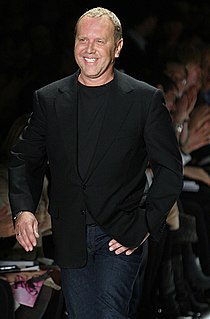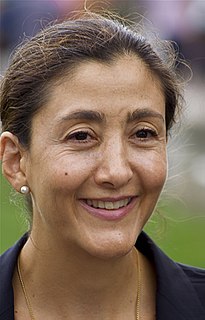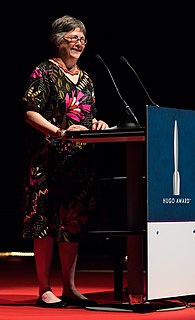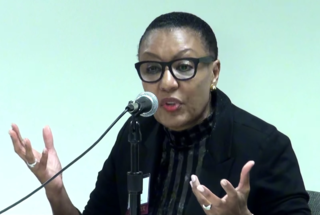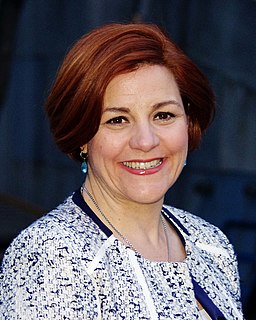A Quote by Cher
When I grew up, it was a time when women were just supposed to be cute and not have many opinions. My mother and her friends were quite different. They were all the most beautiful women you've ever seen ... and they were very strong women.
Related Quotes
I had very supportive parents that made the way for me, even at a time when there were very few women - no women, really; maybe two or three women - and very few, fewer than that, African-American women heading in this direction, so there were very few people to look up to. You just had to have faith.
There are so many issues that impact women. When we talk about prison reform, for example, women were [once] sterilized in women's prisons. When they were giving birth, they were asked to sign paperwork but they weren't even completely conscious of what they were signing. That sounds like something that would never happen in America, but it was happening, not just in America, but in [California], one of the most progressive states in the United States.
It just struck me as really odd that there were all of these conversations going on about what young women were up to. Were young women having too much sex? Were young women politically apathetic? Are young women socially engaged or not? And whenever these conversations were happening, they were mostly happening by older women and by older feminists. And maybe there would be a younger woman quoted every once in a while, but we weren't really a central part of that conversation. We weren't really being allowed to speak on our own behalf.
I was a young feminist in the '70s. Feminism saved my life. It gave me a life. But I saw how so much of what people were saying was not matching up with what they were doing. For example, we were talking about sister solidarity, and women were putting each other down. We were talking about standing up for our rights, and women weren't leaving abusive relationships with men. There were just so many disconnects.
I've seen women who were nightmare party girls, who were just crazy, and then they have a baby and this thing comes over them and changes them. Or there are women who you think are going to be the most doting mother in the world, and then they're not. You don't know how you'll be affected, when that happens.
There were others, women with stories that were told in a quieter voice: women who hid Jewish children in their homes, putting themselves directly in harm's way to save others. Too many of them paid a terrible, unimaginable price for their heroism. And like so many women in wartime, they were largely forgotten after the war's end.There were no parades for them, very few medals, and almost no mention in the history books.

